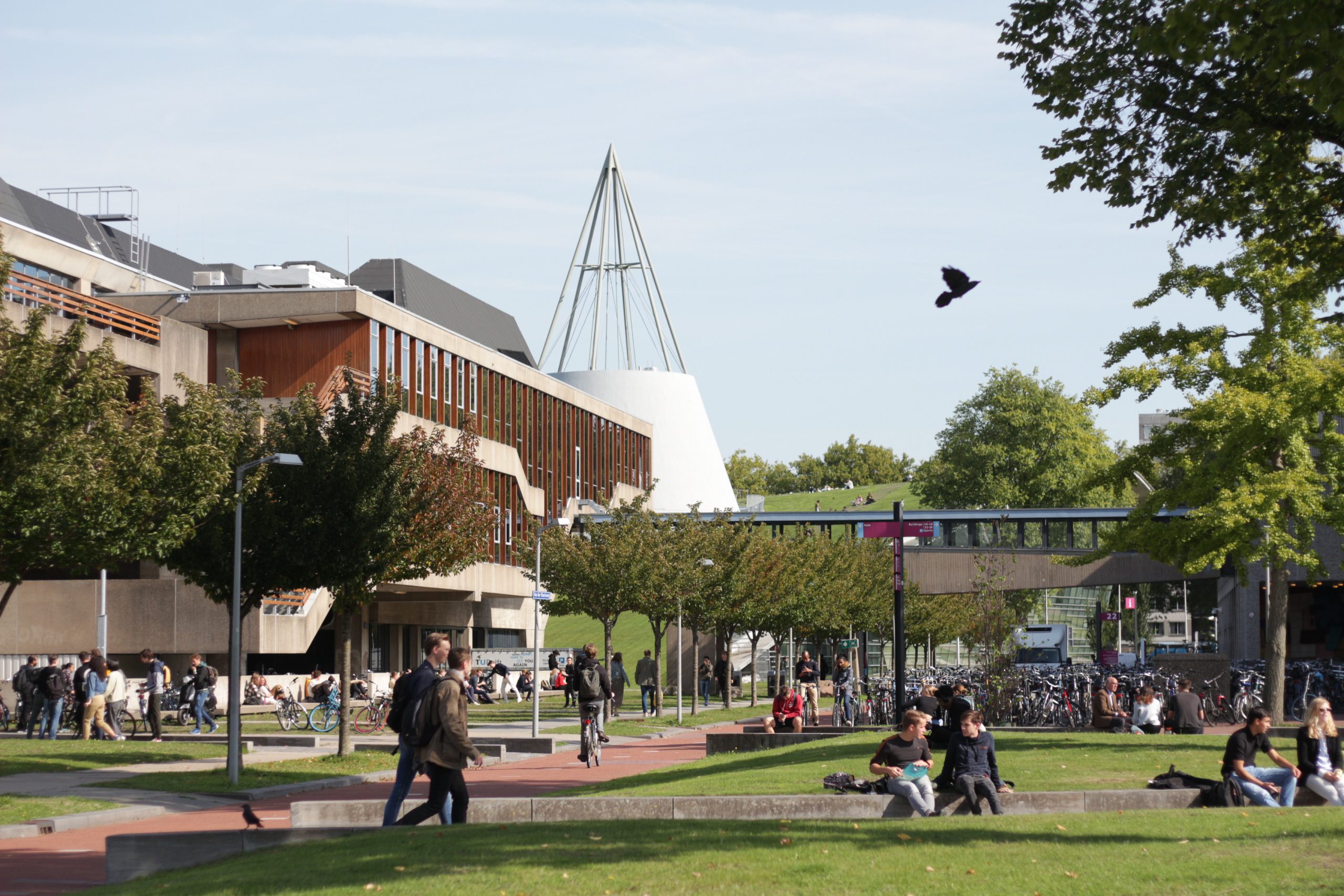You can’t make cost savings in higher education overnight, government officials say. For instance, it’s “not feasible” to introduce the slow-progress penalty for students who are taking too long to complete their studies with effect from September 2026, officials argue in a ‘quick scan’ of the coalition agreement. The quick scan was published on Friday afternoon.
(Photo: Justyna Botor)
PVV, VVD, NSC and BBB want to form a coalition together and have concluded an outline agreement. It contains significant cost savings in education and research, including a fine of three thousand euros for students who take longer than one year extra to finish their Bachelor’s or Master’s degree.
Slow-progress penalty
That slow-progress penalty would require for the law to be changed and for student finance agency DUO to modify its systems. All of this will take time, which means the cost savings will be delayed by at least a year, the officials estimate. This creates a gap of 285 million euros.
That is, if the savings amount to that much to begin with. Because of the threat of a fine, students will complete their studies faster. In this case, they won’t pay the fine and the yields for the government will be lower. Furthermore, the parties have not factored the implementation costs into their calculations.
But perhaps the savings target will be met after all, the officials think, because other students – not the slow ones – are expected to complete their studies even faster, which will make higher education cheaper.
On 22 June, the National Student Union LSVb will protest against the langstudeerboete on Domplein in Utrecht from 2pm. The organisation calls on students to also come to the demonstration.
An additional problem is that even though the effects are difficult to gauge, education institutions do receive their funding partly based on estimates. This is where things get a bit technical, but they’re in danger of undergoing double cutbacks. To prevent this, special agreements with the Ministry of Finance have to be made.
‘Influencing the intake of EEA students is against European laws’
Foreign students
The future cabinet also wants to save 293 million euros by admitting fewer international students. This will be a complicated affair, the officials think. “Influencing the intake of EEA students is against European laws.”
The cabinet wants to solve this by making it possible to restrict student enrolment in non-Dutch-taught tracks. This means Dutch students retain access via the Dutch-taught track. It’s apparent the officials are doubtful as to whether this will hold up in court.
“The language measures in the bill may affect the intake”, they say, “but this is once again uncertain/difficult to predict”.
No direct benefit
When it comes to internationalisation, the coalition wants to make ‘administrative agreements’ with higher education institutions, but will the latter actually cooperate? The officials feel this will be tricky, “given that higher education institutions don’t benefit from it directly”.
The explanation isn’t included, but the education institutions get money for each student they bring in. What’s more, they may well have a different opinion from the cabinet about the usefulness and necessity of internationalisation.
And if things do work out, how fast will the savings get here? The four new coalition parties already foresee a yield in 2026, but the ministries of Education and Finance only expect the effect to occur at a later stage.
Student housing
Incidentally, officials at the Ministry of the Interior do think limiting international intake presents opportunities. They note that this intake has “tripled” in fifteen years’ time and “makes an important contribution to the current shortage of student housing”.
They are hoping, therefore, that the coalition partners will involve the municipalities when they make administrative agreements with higher education institutions. Municipalities are often responsible for the housing of foreign students, but the officials would like to assign a large portion of this responsibility to the education institutions.
Public transport card
Another measure that will probably be delayed by a year: in the future, Dutch students will no longer receive an allowance for their public transport card if they go abroad to study. (Until now, the idea had been that your student public transport card is useless abroad, so you can get money instead.) Given the new estimates, the officials think this cutback will not yield 30 million euros per year, but only 24 million euros.
HOP, Bas Belleman and Olmo Linthorst | Translation: Taalcentrum-VU
Do you have a question or comment about this article?
redactie@hogeronderwijspersbureau.nl


Comments are closed.